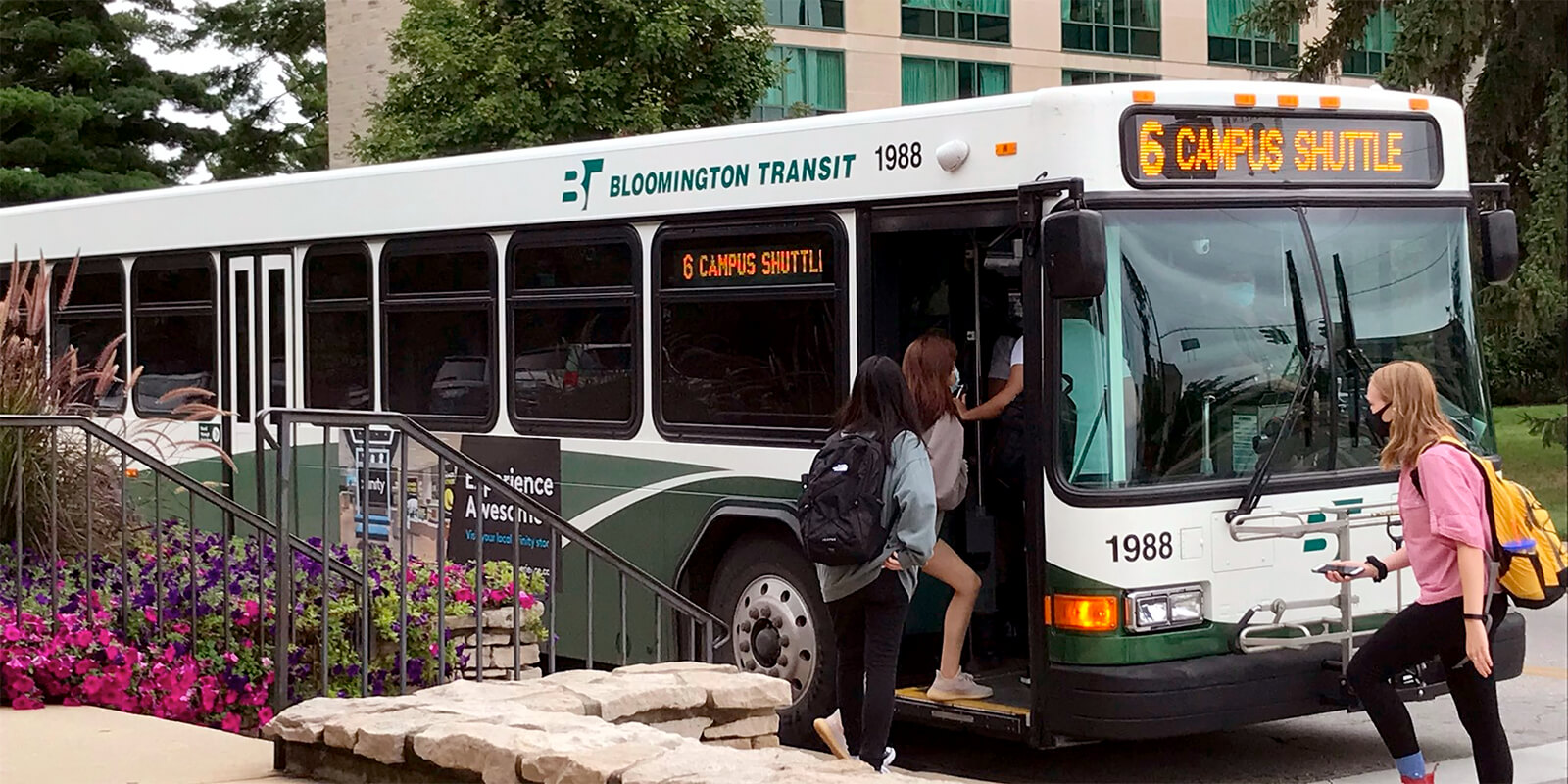It’s been a long time since Bloomington Transit employees in Bloomington, Indiana, have had a significant pay increase. In negotiation after negotiation, contract after contract, management claimed they just didn’t have the money to pay better wages.
That changed last month when Local 613 members overwhelmingly ratified a new contract with significant – and long-overdue – pay increases.
In the end, the contract – ratified 25-2 – provided raises of 7% to 30% over four years starting Jan.1, 2022, as well as an immediate $1,000 bonus for each worker. The most senior drivers currently make about $45,000 per year after 19 years of service, while mechanics make about $41,000 per year.
The agreement also includes improvements in health care and bonuses for new hires who have at least two years of experience.
Getting that contract wasn’t easy.
For Bloomington’s bus drivers and mechanics, working from home during the pandemic simply wasn’t an option. That meant Local 613 members faced a stark choice – come to work on the front lines during the height of the pandemic or quit. Many members, especially older ones close to retirement, chose to leave, according to Jeff Cisneros, a bus driver and president of Local 613.
“We lost probably 40% to 50% of our workforce over the first year of COVID-19,” he said. “Many older drivers were very concerned about the risks involved in continuing to drive.”
The losses were compounded by heavy service cuts in the wake of ridership declines driven by the shutdowns and the COVID-19-induced fear of public places. “Indiana University shut down, businesses shut down, workers stayed home,” recalled Cisneros.
But when COVID restrictions began to be rolled back and the ridership started to return, the bill for the years of refusing to invest in their workers came due for Bloomington Transit management. After the service cuts, the retirements and those who left due to COVID, the staffing levels were way below capacity.
“Management was beginning to get really desperate,” Cisneros said. “People simply weren’t applying. We were losing more drivers than we were keeping.”
The system was shorthanded and had few applications rolling in when negotiations began on Local 613’s next contract. After years of stagnant wages, working on the front lines through the pandemic, the uncertainty of the ridership ups and downs, the members were unified behind the demand for fair compensation.
Cisneros said the new general manager came around to seeing that better wages and benefits were the only way to attract new hires and stabilize the department. “He was a good partner in negotiations,” said Cisneros.
The new contract has had an immediate positive effect.
“We’ve already seen several new hires,” said Cisneros, “and our membership has grown significantly since the new contract.”
Local 613 has signed six new members, bringing the affiliate above 50% membership.
